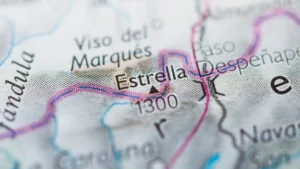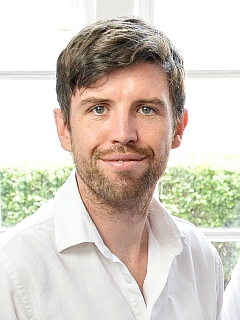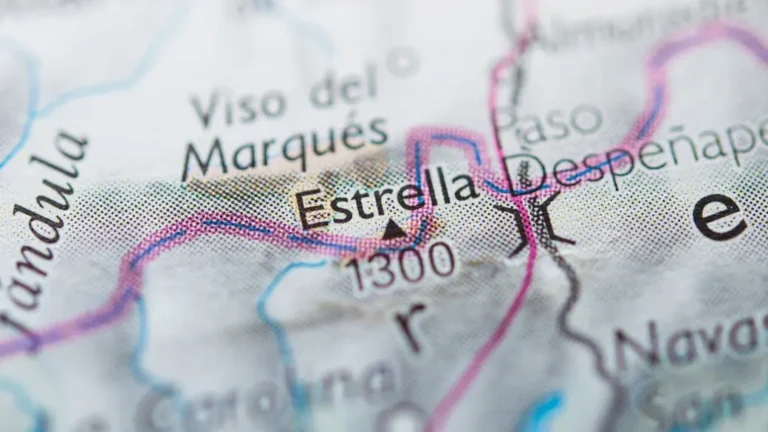How long does it take to learn Spanish?
Are you learning Spanish and wondering how long it might take to become fluent? Read more here
How long does it take to learn to speak Spanish fluently?
The length of time it takes to learn to speak Spanish fluently can very enormously, depending on multiple factors, for example:
- the amount of time you dedicate to study
- your previous language learning experience
- your exposure to similar languages
- the methods you use
According to the Foreign Service Institute (FSI), which is the US department responsible for training US government employees in languages, it should take about 600 to 750 hours of study to learn to reach professional working proficiency, or “B2” on the Common European Framework of Reference for Languages (CEFR), which is the first CEFR level to reference fluency. The CEFR defines a B2 as follows:
- “Can understand the main ideas of complex text on both concrete and abstract topics, including technical discussions in his/her field of specialisation.”
- “Can interact with a degree of fluency and spontaneity that makes regular interaction with native speakers quite possible without strain for either party.”
- “Can produce clear, detailed text on a wide range of subjects and explain a viewpoint on a topical issue giving the advantages and disadvantages of various options.”
Depending on your availability, this amount of time equates to roughly 6 months of full-time, intensive study, or somewhere between 1 and 2 years at a slower pace.
How long to sound like a native Spanish speaker?
The CEFR levels as above define “complete mastery” as level C2. According to the CEFR, a C2 means the following:
- “Can understand with ease virtually everything heard or read.”
- “Can summarise information from different spoken and written sources, reconstructing arguments and accounts in a coherent presentation.”
- “Can express him/herself spontaneously, very fluently and precisely, differentiating finer shades of meaning even in more complex situations.”
To sound like a native Spanish speak, you need to go beyond fluency in a language, into pronunciation, colloquial expression and cultural nuance. This will likely require full immersion in a Spanish speaking country, with consistent full-time use of the language.
Can you learn Spanish using Duolingo?
Duolingo is a helpful platform for learning Spanish, and is especially useful for beginners. It is aimed at helping learners from a beginner level, and is not enough by itself to achieve fluency. At the time of writing, Duolingo say they are developing courses to help learners get to B2.
Is Babbel effective for learning Spanish?
Like Duolingo, Babbel is another platform for learning many languages, including Spanish. Unlike Duolingo, it is usually a paid-for service. It more specifically targets the CEFR levels, and has a specific B2 Spanish course, so you may want to go this way once you have gone past A1 and A2.
What is the best way to learn to speak Spanish fluently?
If possible, the best way to learn to speak Spanish fluently is immersion in a Spanish speaking country. This means moving to Spain or elsewhere, and using Spanish for all daily interactions. Alongside this, using formal classes to improve vocabulary will help immensely.
If the above isn’t an option, another route is to immerse yourself as much as possible in your current location. This might include the following:
- Watching Spanish TV and film
- Listening to Spanish radio and podcasts
- Finding a Spanish-speaking person locally who wants to improve their English; you can split conversation time equally!
Any other tips for learning to speak Spanish?
You may want to aim for a specific qualification in Spanish to help you progress. The Instituto Cervantes offers full courses and the DELE assessments, which is an internationally recognised qualification in Spanish. Other students consider taking more traditional qualifications, such as the A-Level or GCSE.



Start the discussion!